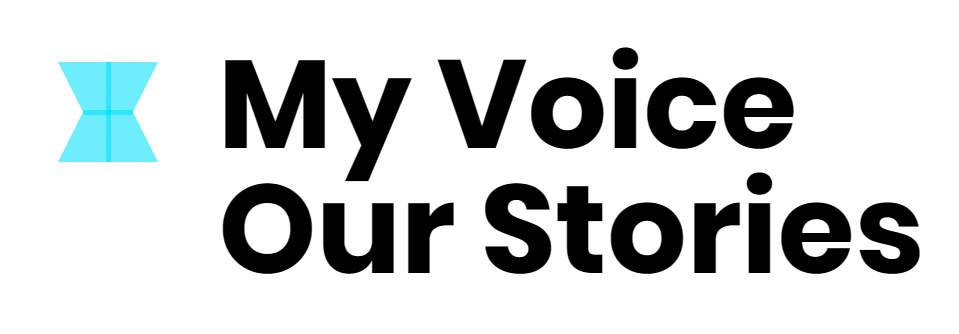

Empowering Communities Through Storytelling and Collaborative Solutions
View Project
RAI delivers tailored solutions designed to address complex challenges, combining expertise and innovation to create lasting impact.